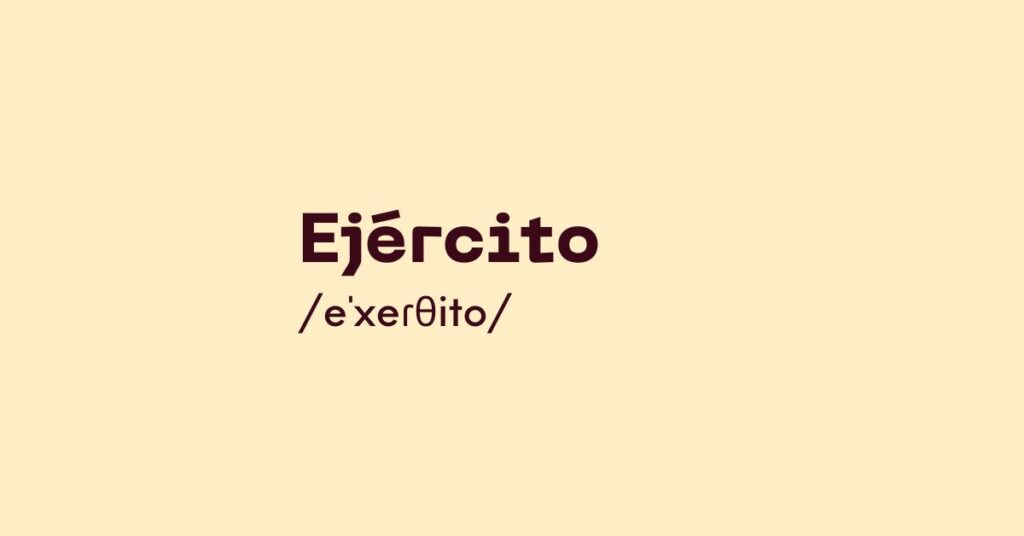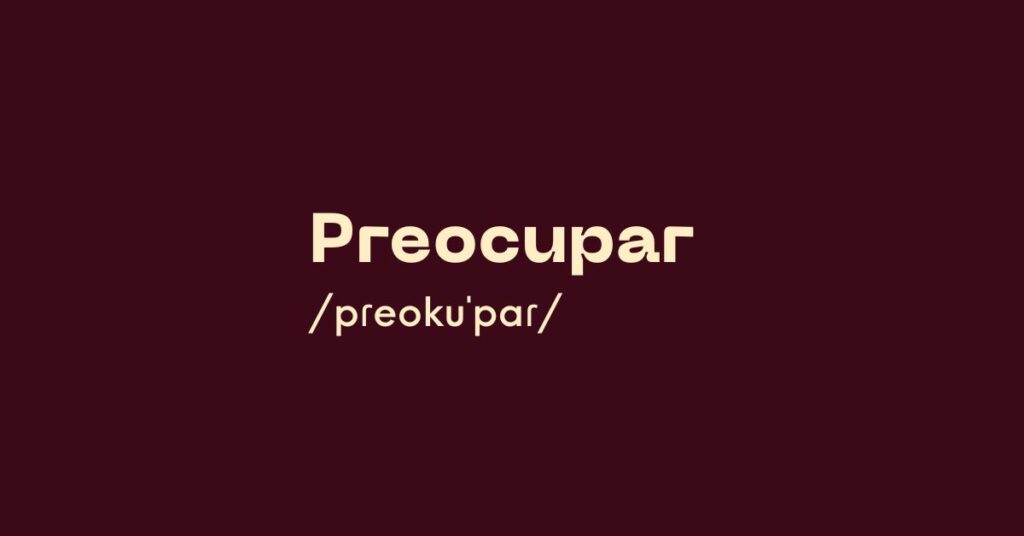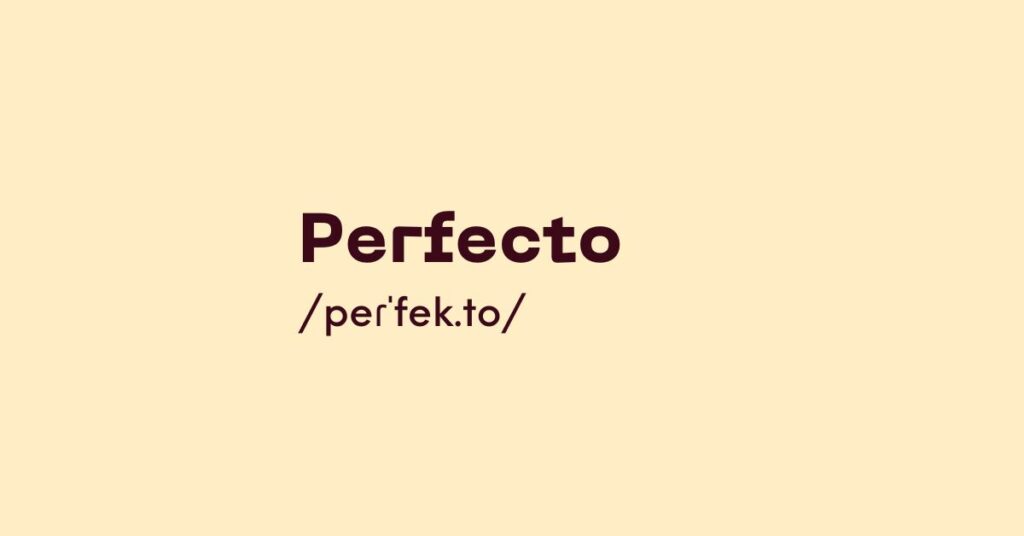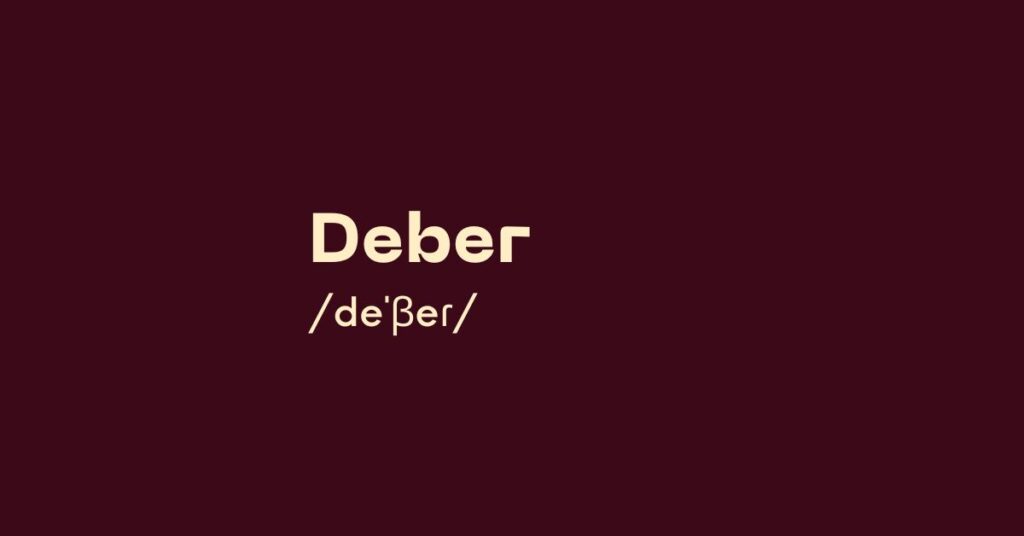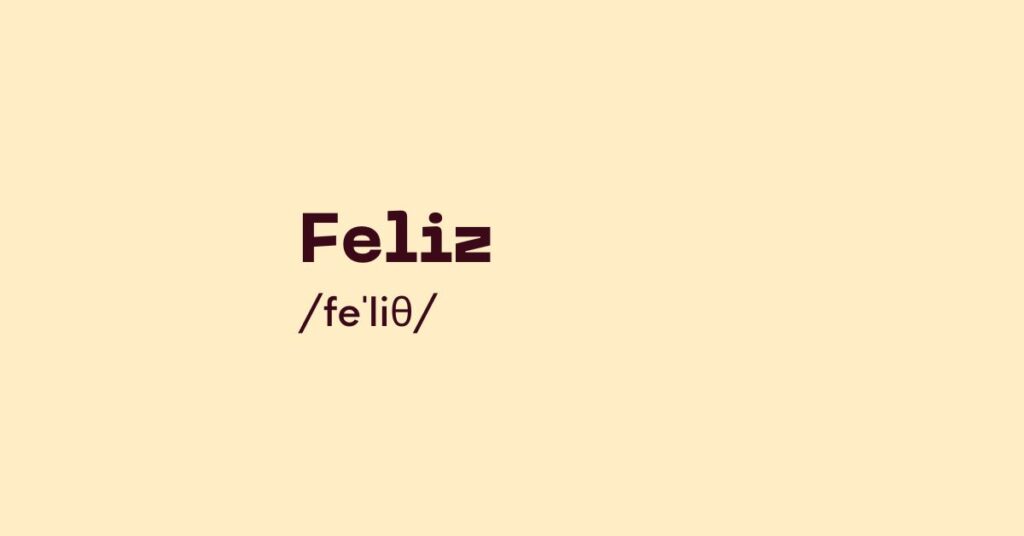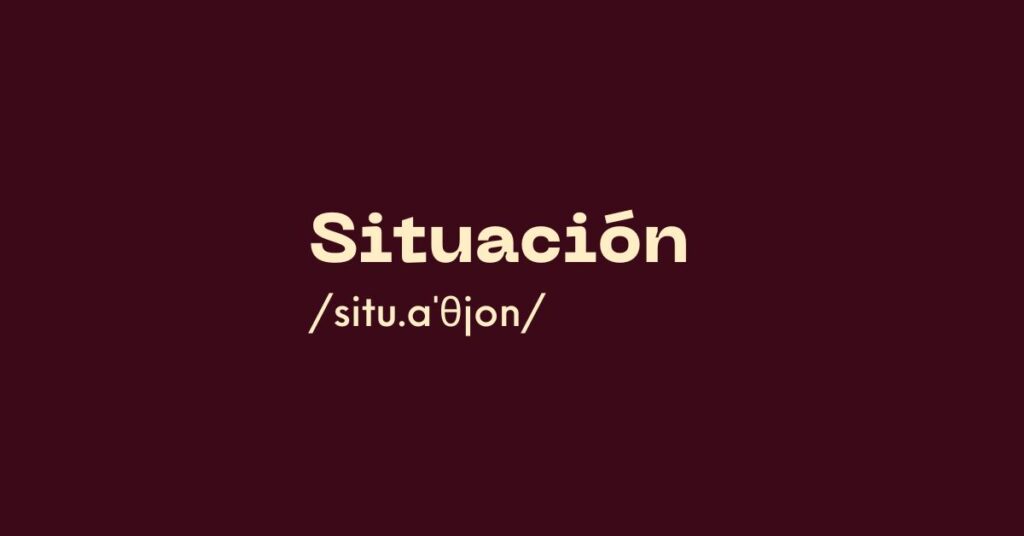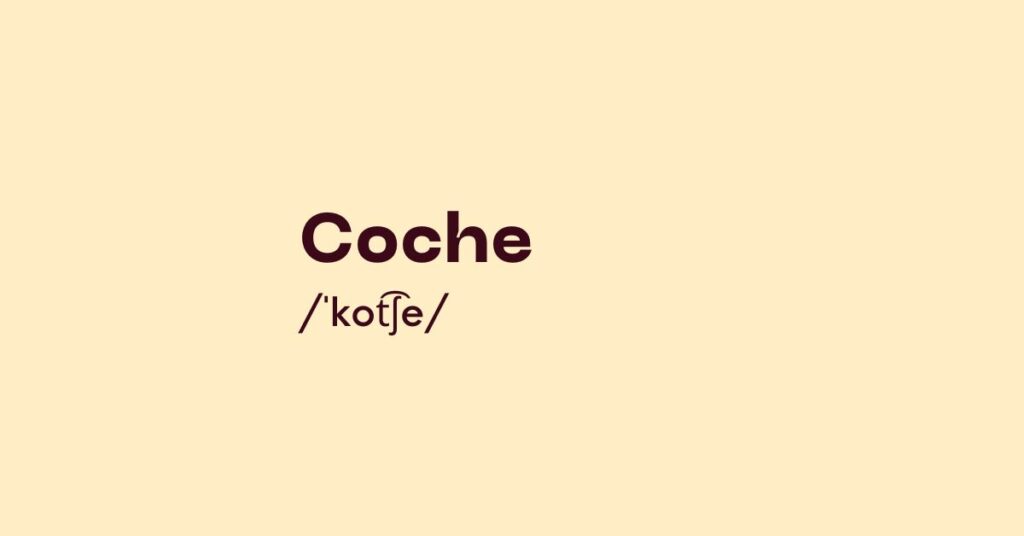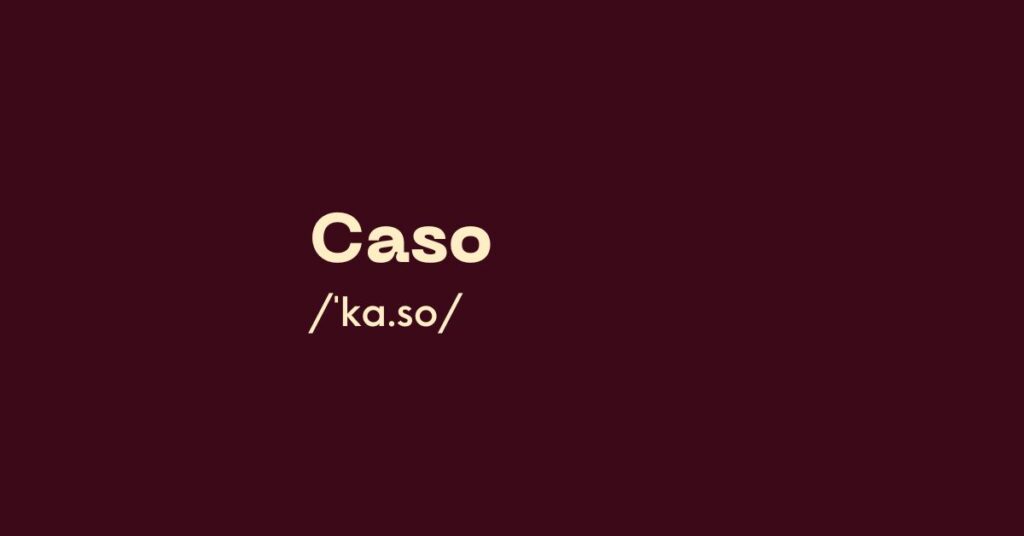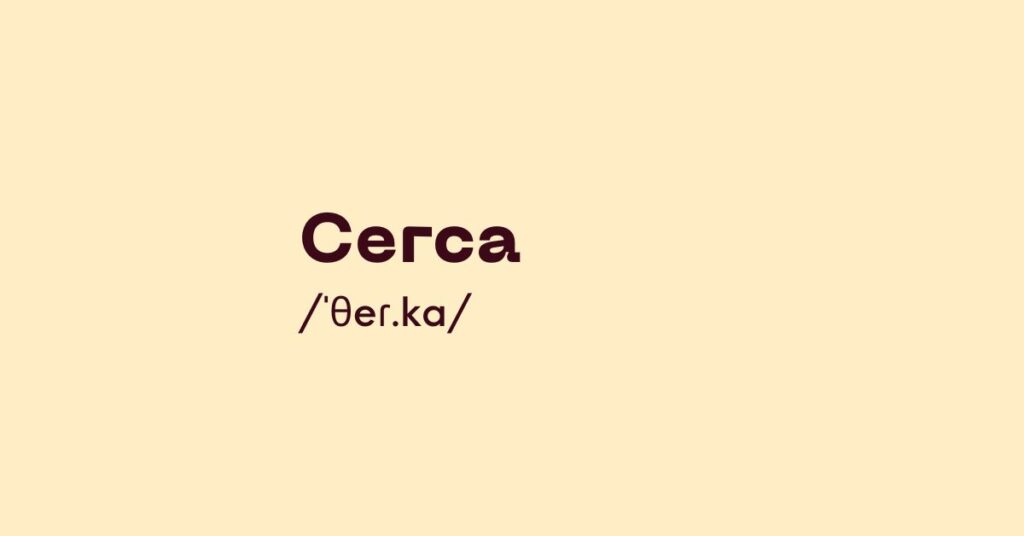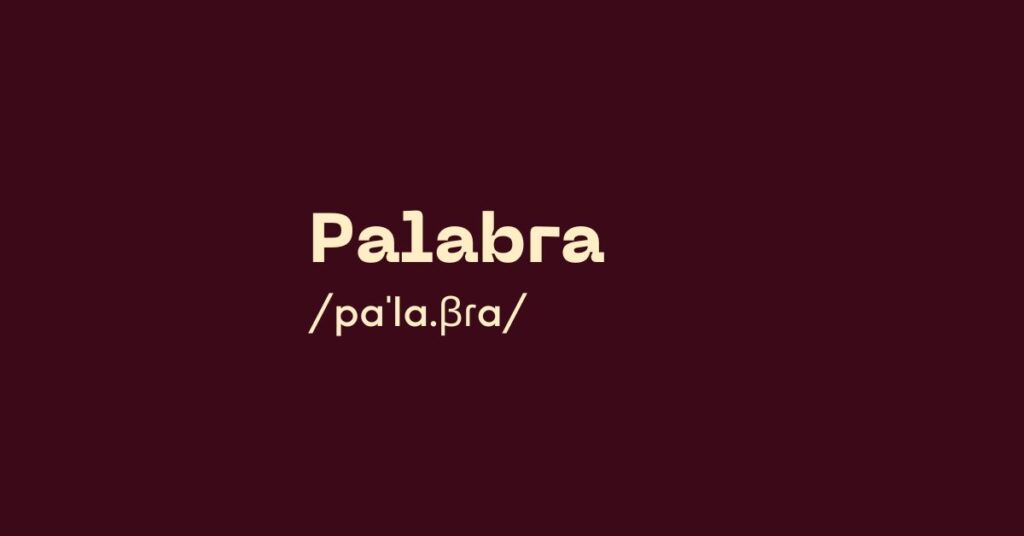Ejército
Today’s Spanish word of the day is “ejército”. It’s a masculine noun meaning “army”. Like in English, it can also be used more metaphorically to refer to a group working together, for example: The word “ejército” comes from the Latin exercitus, which also meant “army”, or a military group more generally. Latin exercitus is related […]
